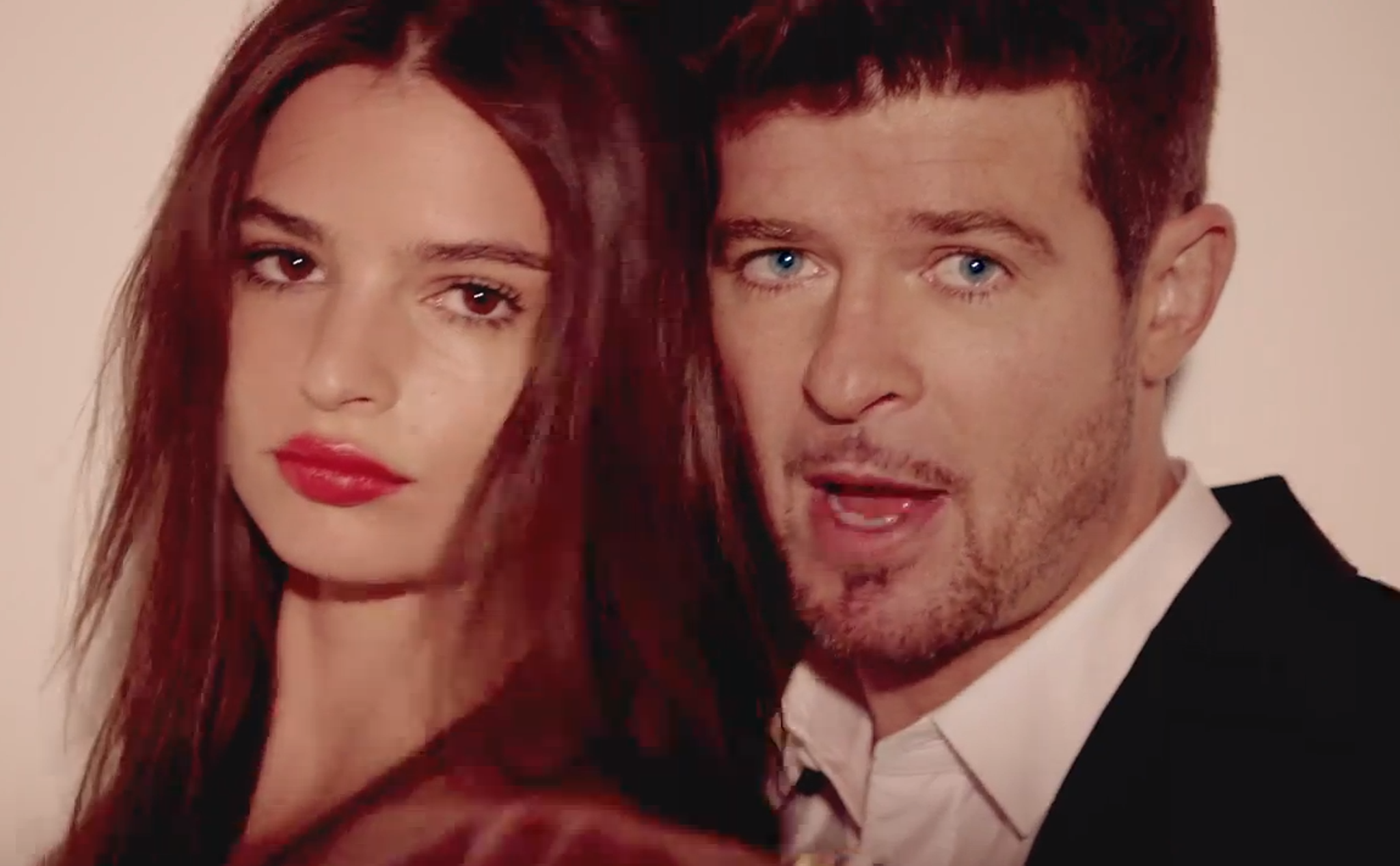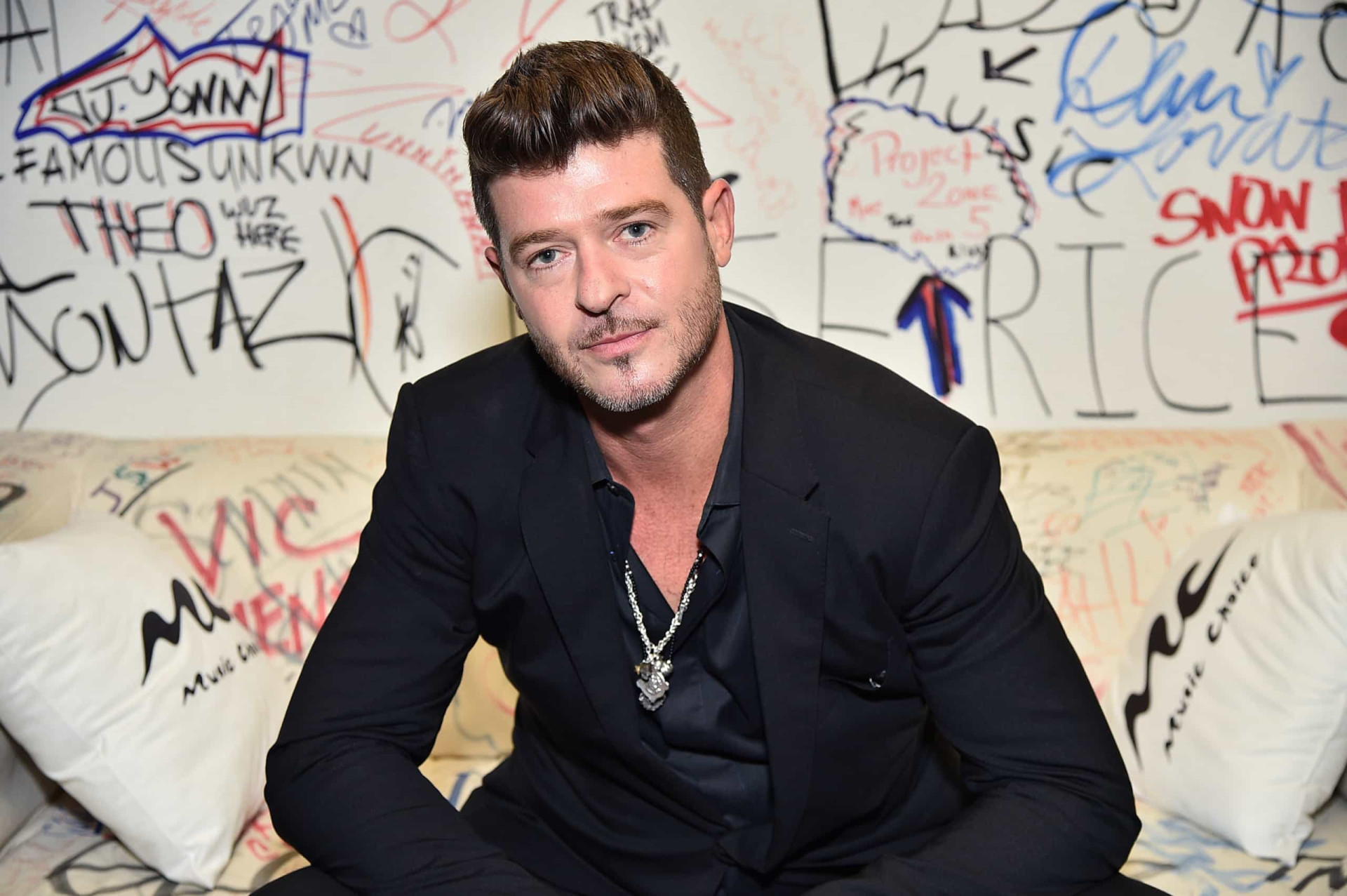Robin Thicke's Blurred Lines: A Legal and Social Minefield
Introduction
Robin Thicke's 2013 hit single "Blurred Lines" sparked a legal whirlwind and ignited social debate, prompting intense scrutiny of its lyrical content, perceived misogyny, and the boundaries of artistic expression. This essay critically examines the complexities of the controversy surrounding "Blurred Lines," exploring the legal backlash, social backlash, and broader implications of the song's cultural impact.
Legal Backlash
The legal controversy stemmed from the song's uncanny resemblance to Marvin Gaye's classic "Got to Give It Up." The Gaye family filed a lawsuit, alleging copyright infringement, and ultimately prevailed in a landmark verdict that awarded them $7.4 million. The ruling set a significant precedent for the protection of musical legacy and the need for artists to respect the intellectual property of others.
Beyond copyright, the song's lyrics also drew legal scrutiny. Feminist groups condemned the song's perceived misogynistic undertones, arguing that it promoted a culture of sexual harassment and violence against women. While no criminal charges were filed, the legal discourse surrounding "Blurred Lines" drew attention to the intersection of art, gender, and social responsibility.
Social Backlash
The social backlash against "Blurred Lines" was equally vehement. Critics denounced the song's lyrics for glamorizing rape culture, trivializing consent, and perpetuating harmful stereotypes about women. The controversy sparked debates on social media, in schools, and in homes across the nation, forcing a broader re-examination of society's attitudes towards gender, sexuality, and the role of music in shaping these perceptions.
The controversy also extended to the song's music video, which featured scantily clad models dancing provocatively. Feminist critics argued that the video objectified women, reinforcing the notion that women's bodies exist solely for male pleasure. The backlash against the music video further fueled the debate on the sexualization of women in popular culture.
Critical Perspectives
The controversy surrounding "Blurred Lines" gave rise to a wide range of critical perspectives. Some scholars argued that the song's popularity reflected a backlash against feminist progress, while others saw it as a symptom of a deeper social malaise that condoned sexism and violence against women.
Legal experts debated the implications of the copyright verdict for the future of music sampling and the balance between artistic inspiration and intellectual property rights. The legal ruling was hailed as a victory for creators, while others expressed concerns that it could stifle creativity and limit artists' ability to draw upon previous works.
Broader Implications
The "Blurred Lines" controversy had far-reaching implications beyond the legal and social realms. It sparked awareness campaigns about sexual assault and consent, prompting universities and organizations to develop new policies and educational programs. The song became a touchstone for discussions about the role of popular culture in shaping societal values and the responsibility of artists to be mindful of the impact of their work.
Moreover, the controversy highlighted the importance of intersectionality, recognizing that the experiences of women at the intersections of race, class, and other marginalized identities are often erased or overlooked. The debate surrounding "Blurred Lines" prompted activists to demand greater inclusion and representation of diverse voices in the entertainment industry.
Conclusion
Robin Thicke's "Blurred Lines" remains a complex and controversial work that ignited a necessary dialogue about artistic freedom, gender equality, and social responsibility. The legal backlash established important precedents for copyright protection, while the social backlash shed light on the pervasive nature of misogyny and sexual violence in our culture.
The broader implications of the controversy extend beyond the realm of music, underscoring the need for critical engagement with media, the importance of education and awareness campaigns, and the ongoing pursuit of a more just and equitable society. As the debate surrounding "Blurred Lines" continues, it serves as a reminder that art has the power to both reflect and shape the values of our society, and that the line between artistic expression and harmful discourse can be a matter of perspective and interpretation.
Yui: The Singer-Songwriter Who Captivates Japan
Cristiano Ronaldo Jr.: Following In The Footsteps Of A Legend
Eleanor Roosevelt: A First Lady Who Redefined The Role



